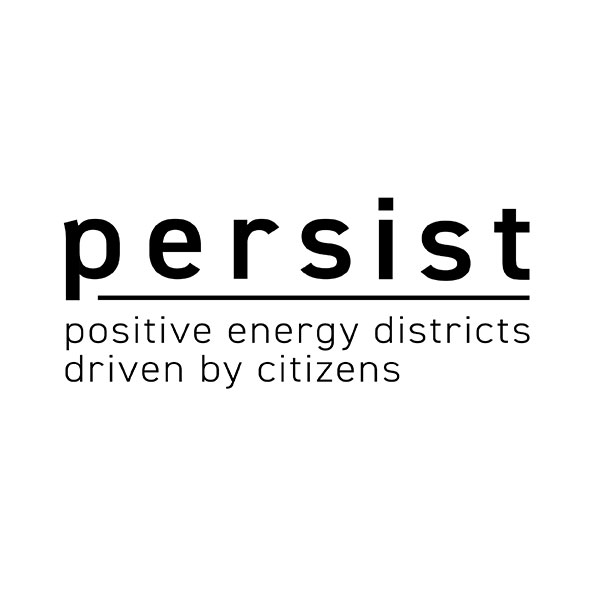Positive EneRgy diStrIctS driven by ciTizens
MAIN OBJECTIVES
- analyses processes which are internal to relevant social groups with a focus on empowerment and activation of citizens not yet engaged including the impact of digitization of the energy system and the proliferation of social media.
- assesses existing / emerging participation models for renewables (in electricity, heating & cooling, energy efficiency and flexibility) with regard to approach, offer and take-up; external environmental (e.g., openness of institutional or corporate environments, availability of sympathetic interlocutors, access to financial or other sources of support, legal or other obstacles), and internal variables describing the social groups and other demographic variables.
- accelerates decarbonization strategies, through local energy management and promotion of local distributed energy resources (DERs) in PEDs.
- improves assets energy efficiency and cost-efficiency and tests new business models for PEDs





